Trigger warning: references to physical abuse, premature birth
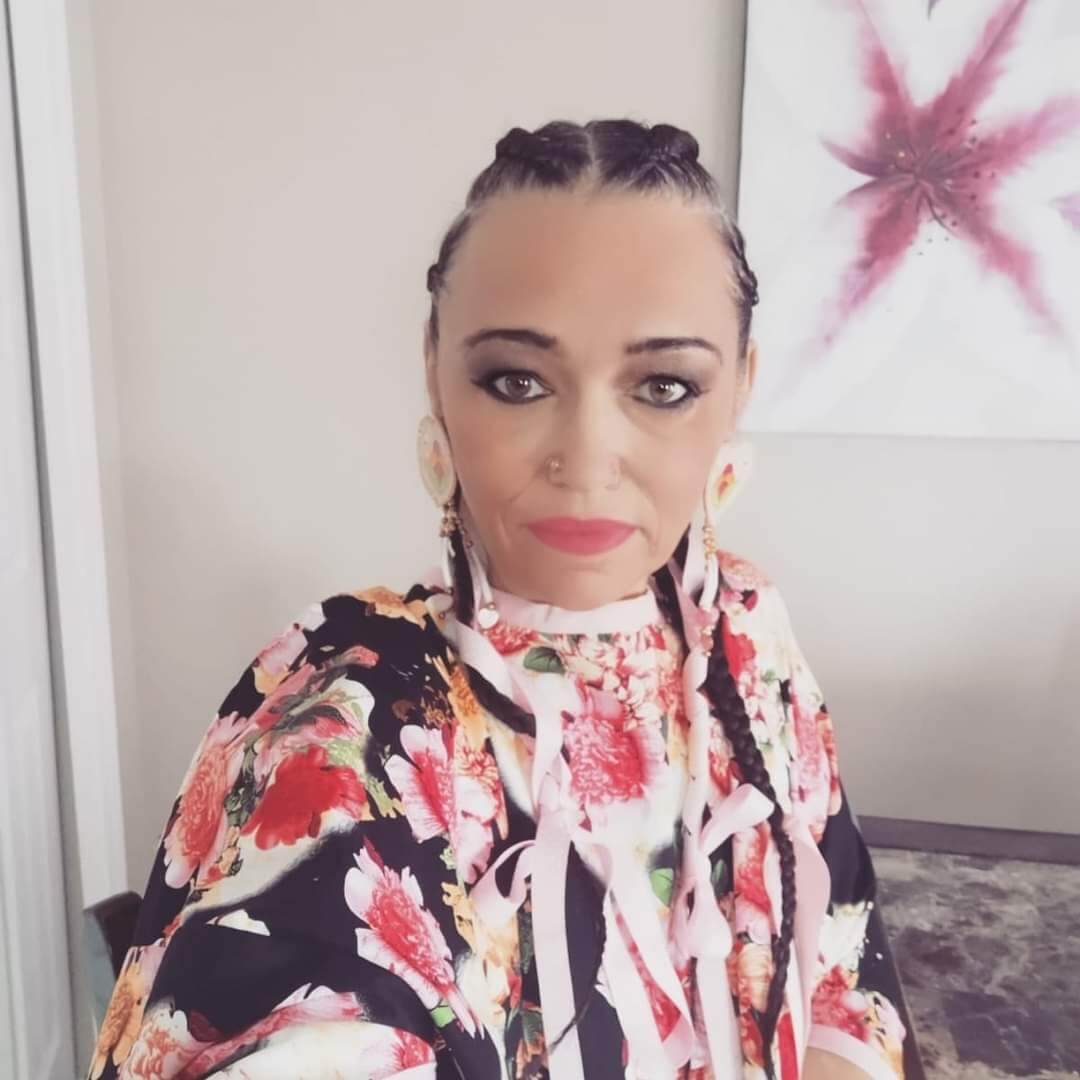
Celina Thibault has been a volunteer with the Calgary Chapter of the Canadian Liver Foundation for more than 15 years when her journey with liver health began.
In 2004, Celina was diagnosed with Primary Biliary Cholangitis (PBC), but the trek to her diagnosis was a challenging one.
During the year prior, Celina was feeling tired and nauseated – she went to see her doctor thinking she might be pregnant. After a pregnancy test came back negative, her doctor told her to consider consuming less alcohol, and sent her home.
As a Cree woman, Celina was offended and frustrated by the doctor’s assumptions that she consumed a lot of alcohol. Celina barely drank – a glass of wine every other week at most, and she knew that her infrequent casual drinks were not likely to be causing her nausea and exhaustion. Her experience turned her off of doctors, leaving Celina to push through her ailments without help.
A year later, Celina’s health continued to decline and she noticed strange new spots around her eyes (which turned out to be cholesterol deposits). She decided to look for a new doctor. The first question she was asked was about her alcohol consumption. After underlining that she did not consume much alcohol, the doctor sent her for endless tests: scans for cancer, blood tests for hepatitis and HIV. After all her tests, Celina was finally sent to see a liver specialist.
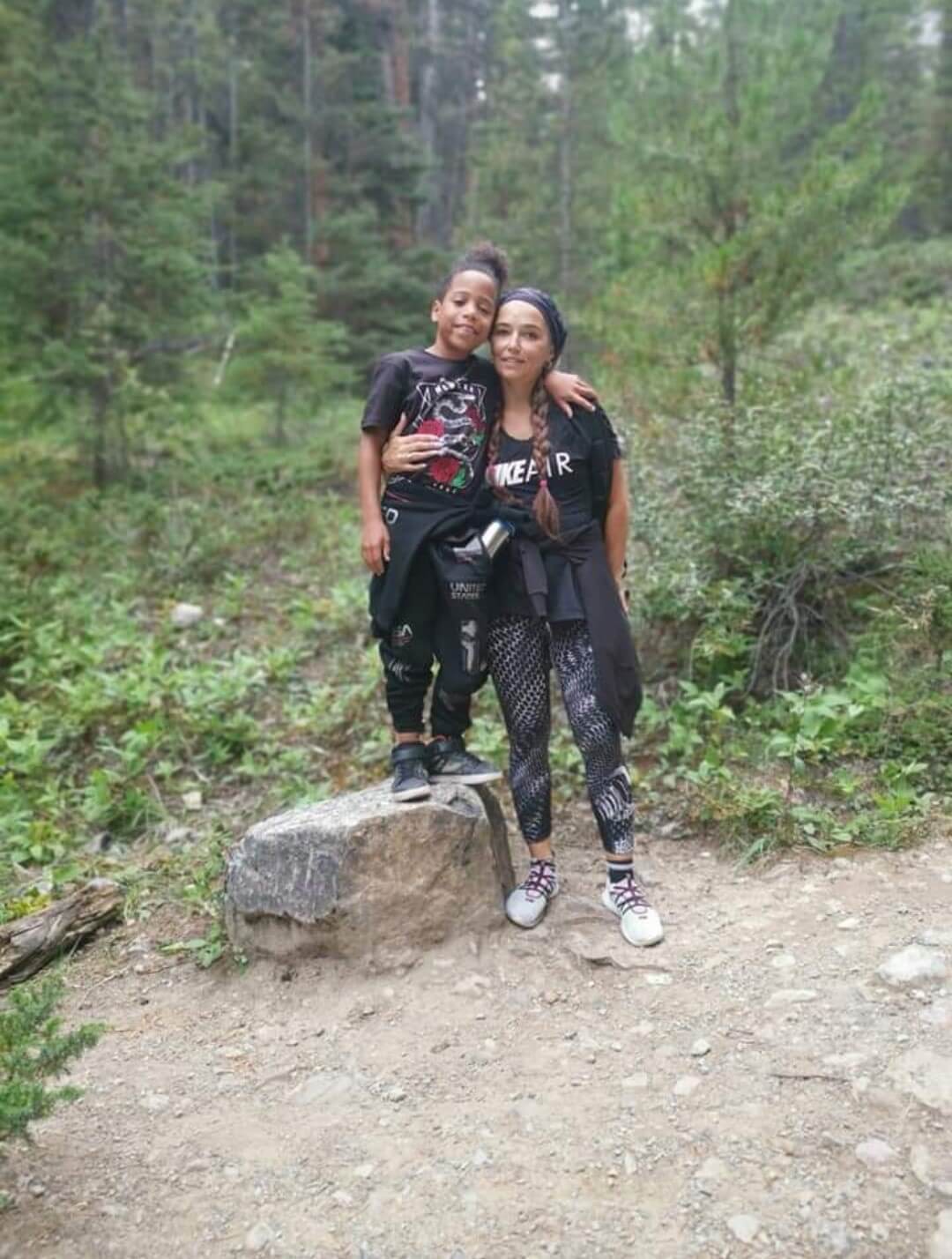 After more tests, Celina was diagnosed with Primary Biliary Cholangitis (PBC) a chronic liver disease where the immune system attacks the liver causing slow, progressive damage to the bile ducts. Although Celina was initially told her PBC wasn’t too severe, within four years, she was in stage four liver failure and placed on the transplant list.
After more tests, Celina was diagnosed with Primary Biliary Cholangitis (PBC) a chronic liver disease where the immune system attacks the liver causing slow, progressive damage to the bile ducts. Although Celina was initially told her PBC wasn’t too severe, within four years, she was in stage four liver failure and placed on the transplant list.
But Celina’s wait for a liver was long – and felt even longer as she navigated a challenging life.
Celina was deep into an abusive relationship, and while on the transplant list, she became pregnant – which is very rare for progressive PBC patients. Celina’s pregnancy was extremely challenging on both her and the baby. Her daughter was born early, at 4lbs 4oz, but healthy.
During her C-section, Celina asked the doctor for a tubal ligation (tubes tied), however due to extreme bleeding, the procedure wasn’t possible. Following her labour, the doctor told Celina that her organs were failing and her health was poor, and another pregnancy was extremely unlikely – almost impossible.
 When her daughter was only two months old, Celina underwent plasmapheresis exchange, a process in which the liquid part of the blood, or plasma, is separated from the blood cells. She underwent plasmapheresis procedures for three months, until she found out that she was, in fact, pregnant again.
When her daughter was only two months old, Celina underwent plasmapheresis exchange, a process in which the liquid part of the blood, or plasma, is separated from the blood cells. She underwent plasmapheresis procedures for three months, until she found out that she was, in fact, pregnant again.
The doctors warned that continuing the pregnancy was dangerous, for both her and the baby, but Celina was adamant that she did not want to end her pregnancy.
There Celina was: a newborn on the way, advanced liver disease, an abusive partner, and pregnant.
Celina’s son was born early, weighing in at just 2 pounds at birth. He was a fighter though, and he was healthy – Celina, however, was not. Celina waited another two and half years for her liver.
One day, Celina was attacked by her partner. In 2012, she decided that this was the last time: she cut ties with him and her social network connected to him. That brave decision left her alone, incredibly ill, with two young children, and absolutely no support.
In the months that followed, Celina was admitted to the hospital indefinitely. Her mom, the only person available to support her, moved to Celina’s home to care for her kids. It was during this time that Celina’s doctor had a meeting with Celina, her kids and step kids, and her mother: Celina needed a liver transplant, or she would die. Celina had to make hard decisions and start planning a life for her kids without her.
But Celina’s story doesn’t end here. This is just the beginning.
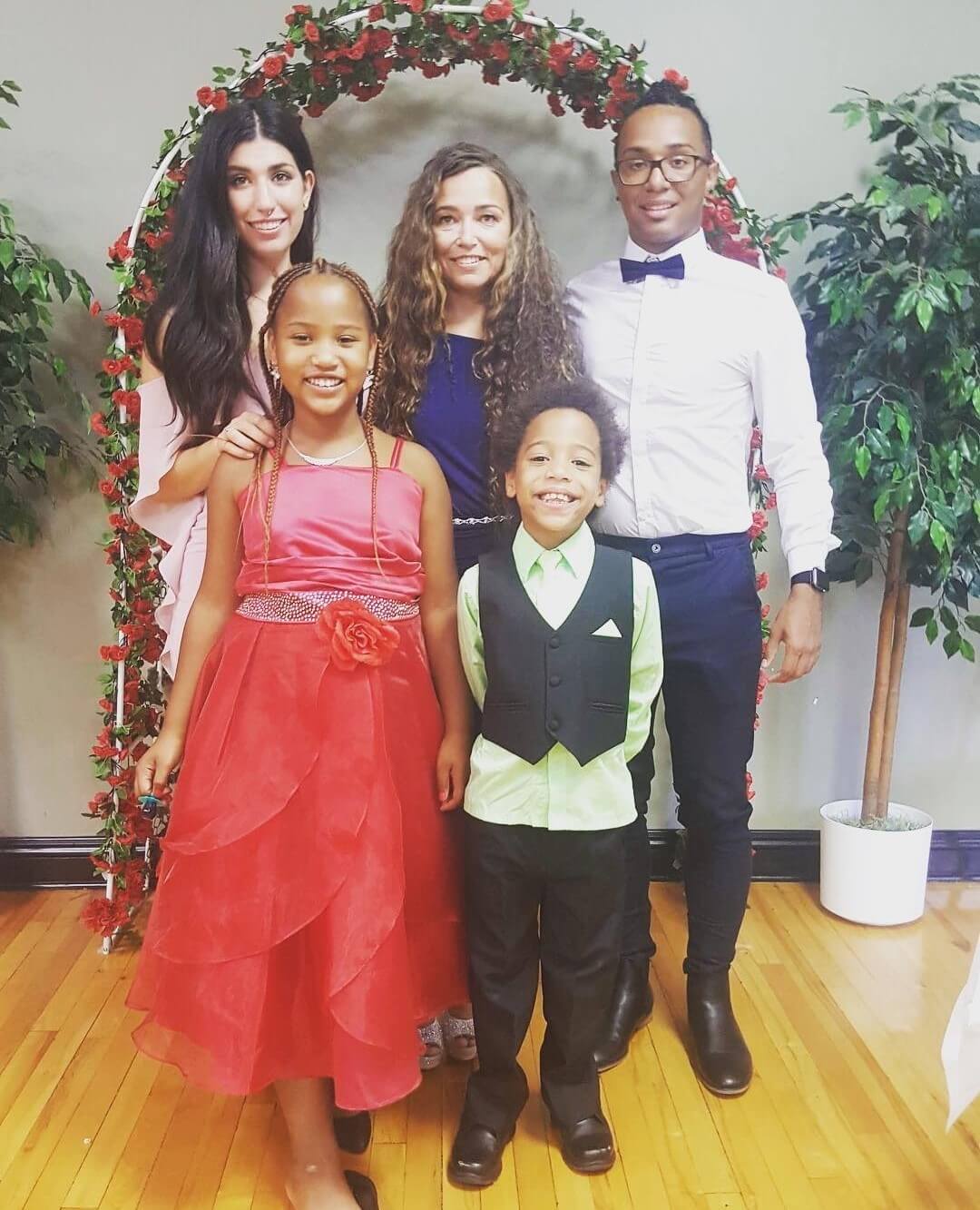
On July 27, 2012, Celina got her liver transplant. July 27 is her new birthday. July 27 is her second chance at life.
Celina’s new chance at life led her to reconnect with her Indigenous roots and community. She started doing sweats, attending pow wows and drumming. These experiences, and reconnecting with her community and their traditions and practices, has been extremely healing, giving her a new lease and focus on life. She is even hoping to learn her Cree language.
Celina’s disease was the anchor that dragged her through the most challenging time of her life, but in the end, it made her stronger and braver, and has connected her to her community – her family.
“I came here to learn my lessons and apply them in my next life,” said Celina.
Celina started volunteering with the Canadian Liver Foundation before she even had her transplant. She was one of their first volunteers: as soon as she found out that her illness was rooted in her liver, she wanted to raise awareness.
“I had been judged for drinking every time I was sick and went to seek help from a doctor. It was such a horrible stereotype and it made me angry,” said Celina. “I wanted to educate people about PBC and break the stigma around liver disease.”
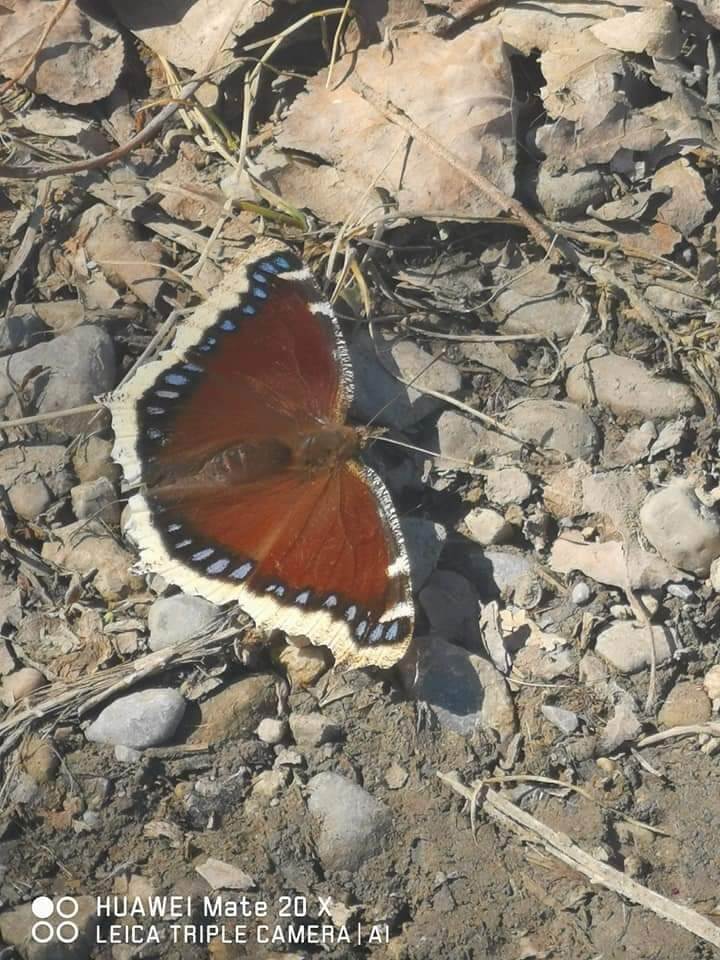
Celina has been active in the Stroll for Liver for years, and this year her fundraising campaign is called “Butterfly Dancing Woman,” the Indian name given to her by her community elder during a sweat.
What her elder didn’t know was that only days before the sweat ceremony, Celina went on a hike alone, and mistakenly walked into a butterfly nest. Suddenly, there were hundreds of butterflies flying around her. She desperately wanted to capture the moment, but couldn’t get a clear photo of the quickly fluttering butterflies. But just as quickly as she stepped into beautiful chaos, one butterfly paused and waited for Celina to take her photo.
Celina’s PBC has recently come back quite aggressively. She learned that in Indigenous women, it’s common for PBC to come back, and when it does, strongly.
And this is why she Strolls – she wants to raise awareness and funds for research. She wants to support the work being done to study and hopefully one day, cure liver diseases like PBC.
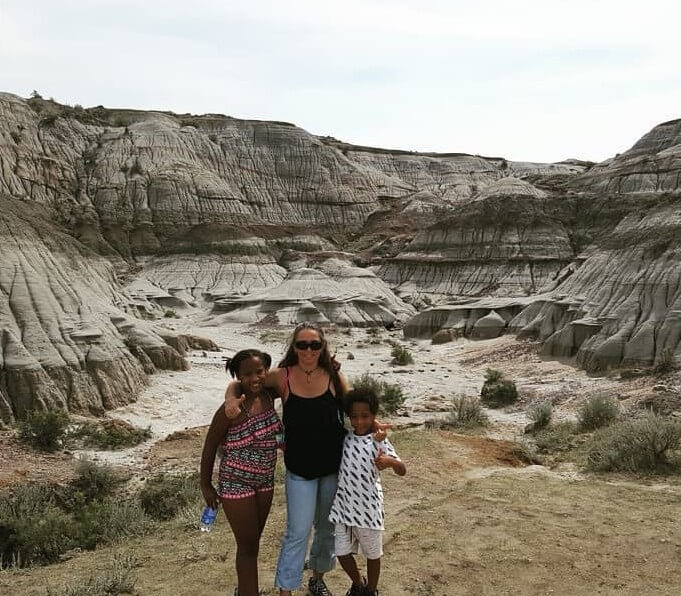 “It’s beautiful to see everyone coming together for a common cause,” said Celina about the Stroll. “We all want to live. We all want to see each other win.”
“It’s beautiful to see everyone coming together for a common cause,” said Celina about the Stroll. “We all want to live. We all want to see each other win.”
